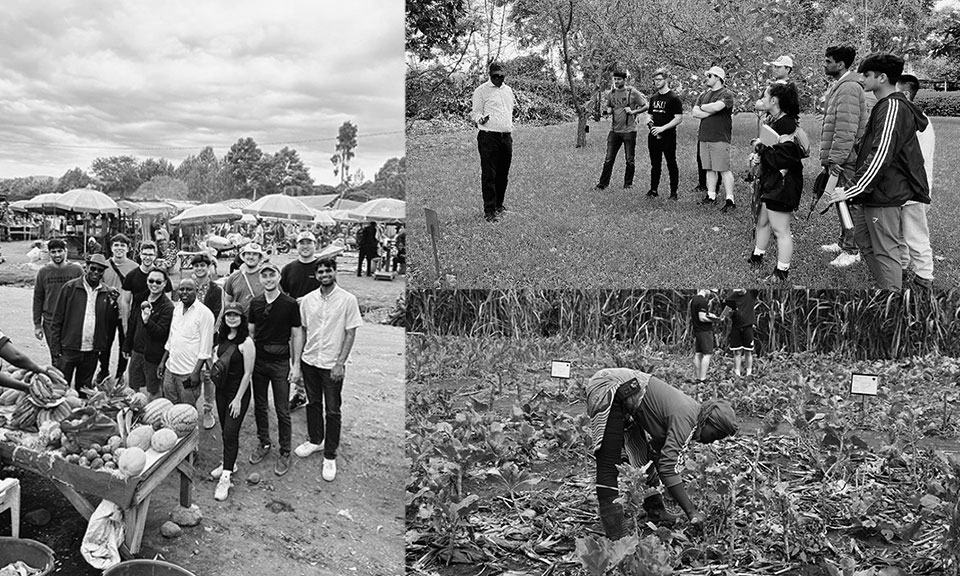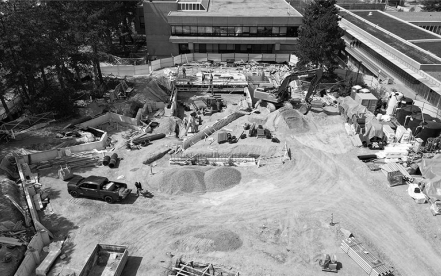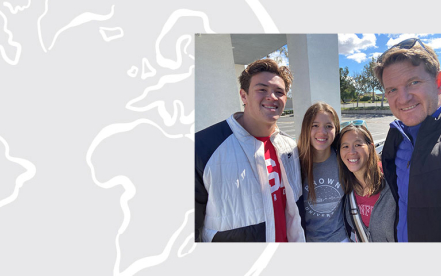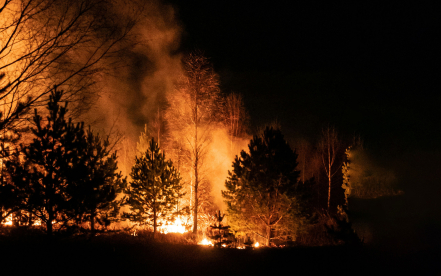Bridging continents for critical international climate research

Arusha is the starting point for many Tanzanian safaris and climbs up Mount Kilimanjaro, the highest peak in Africa. It is also home to Aga Khan University’s Arusha Climate and Environmental Research Centre (AKU-ACER). Located in a renowned hotspot for biological and cultural diversity, AKU-ACER is perfectly situated for community-centered environmental education, stewardship, innovation and demonstration.
Through generous support from the Jenabai Hussainali Shariff Family Awards, SFU students are visiting AKU-ACER for a once-in-a-lifetime experiential learning opportunity to broaden their perspectives, collaborate with local scholars and make a positive impact on the planet.
“International engagement helps raise awareness about climate change and address food security. Most importantly, it allows students from different parts of the world to meet and work together in finding solutions,” says Aziz Shariff.
Aziz and the Shariff family are providing funding for two groups of students to visit AKU-ACER in 2024, creating an incredible experiential opportunity for them to learn and collaborate.
The first delegation represented SFU’s School of Mechatronic Systems Engineering in its inaugural field trip to Arusha, where they field-tested newly-developed innovations on AKU-ACER’s more than 3,700 acres of rich, diverse farmland with crops that include avocado, coffee and chili.
Led by professor Woo Soo Kim, nine undergraduate and two graduate students collaborated with local university students and farmers to apply the principles of mechatronics systems engineering—the synergy between electrical engineering and mechanical engineering—to help advance sustainable agriculture in Tanzania.
One team deployed a weed management robot equipped with an AI-connected camera and laser that autonomously roams the fields identifying and zapping weeds while leaving the desired crops unharmed and free from pesticides. The other team took to the sky with a drone that captures images of the farms and inputs that data into crop analyzing algorithm designed by the SFU students. By identifying variations in crop height and volume, local famers are provided with valuable information about which areas require more resources, such as water or fertilizer, to optimize crop growth.
Woo Soo says this research is especially important given that two thirds of Tanzania’s population depend on agriculture.
“Our aim is to engineer sustainable and eco-friendly solutions that enhance productivity while optimizing resource utilization, thus strengthening climate resilience and fostering a more sustainable agricultural ecosystem.” he says.
The second trip, comprising eight students from the Faculty of Environment and Faculty of Education, is focused on climate resilience and sustainable food systems. This field school partners with the local Nashipay Maasai Initiatives, a non-profit organization that invited SFU students to stay in the community, build cob houses, learn about permaculture and contribute to the Maasai Education Center and certified eco-school.
“The support from the Shariff family is truly transformative because it creates an opportunity for students who would otherwise not be able to afford this international experience,” says Tammara Soma, the 2024 summer field school director and professor in Resource and Environmental Management at SFU.
The is a great opportunity to really teach students on what sustainability means on the ground, what community engagement means on the ground.
The university entered into a formal partnership with AKU and Arusha’s Nelson Mandela African Institution of Science and Technology in November 2023 to collaborate on environmental research aimed at dealing with the impact of climate change while also enhancing opportunities for joint projects in East Africa.
Aziz says he hopes that taking this first step will inspire other donors to support this and other immersive, international experiences that address climate change as a global concern.
“The world has to wake up to the importance of this cause because many are in denial at the moment. Our grandkids will never forgive us for not taking the opportunity to fix this before it gets too serious,” says Aziz.
“When universities increase their international engagement, more awareness gets created, more funding becomes available and more partnerships can be created.”


